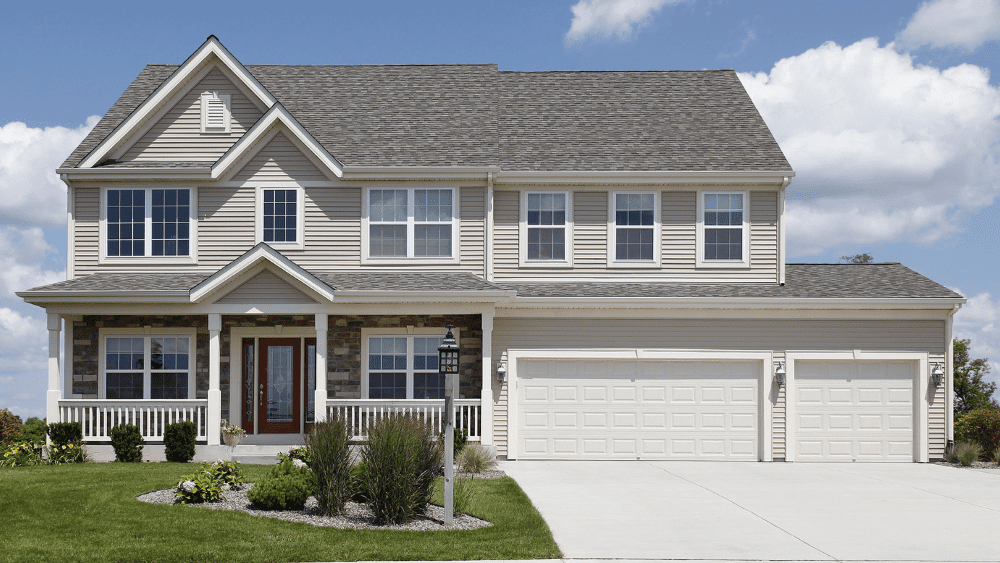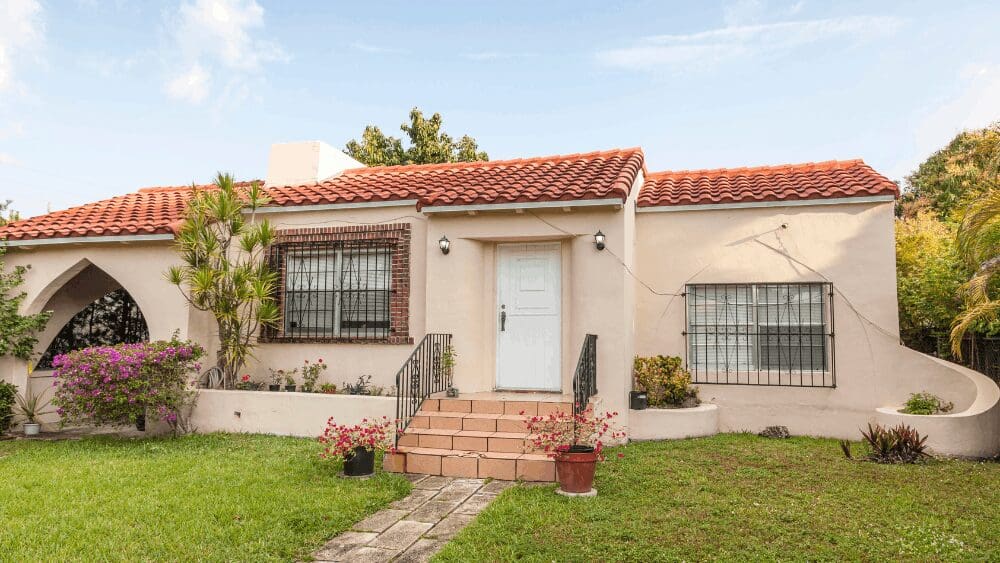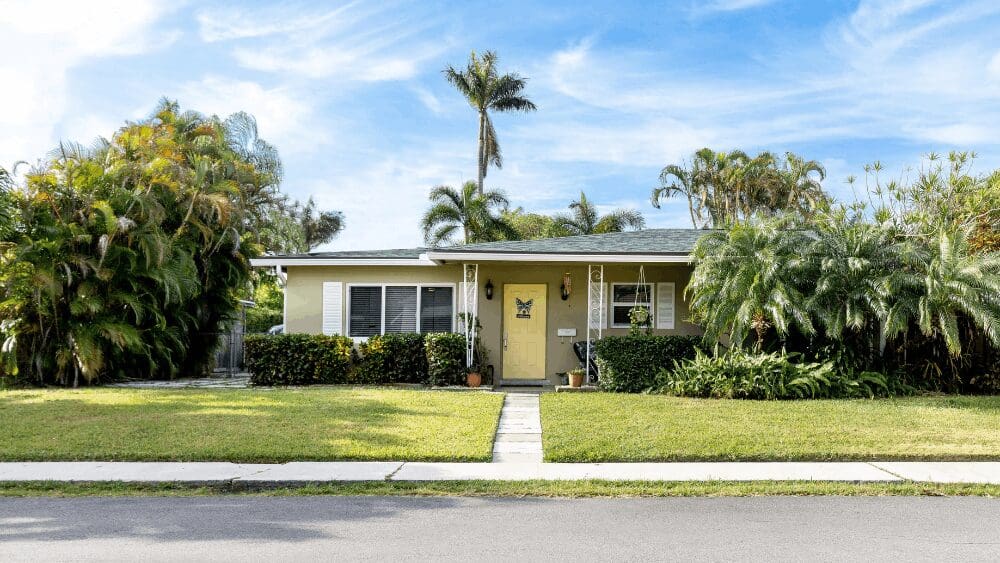
If you’re planning to sell your home, you’re likely framing up a timeline that may include moving into your new house, starting a new job, or making arrangements for storage or temporary housing. If you’re facing a financial or logistical deadline, you’ll want to find a buyer quickly. But what is a quick sale? Is it two weeks or two months? In this post, we’ll provide context into what might be considered a quick sale and what you can do to speed up the process. Throughout our guide, we’ll insert links so you can explore each speed-boost tip in more detail. Let’s look at the key factors that will play a role in whether you can capture a quick home sale. In most cases, it all starts with what’s happening on the ground with buyers and sellers. Market conditions play a significant role in how fast homes sell. In a seller’s market, where demand outpaces supply, homes tend to move more quickly. Conversely, a buyer’s market, with more inventory than buyers, can slow things down. The speed and activity in a market can vary from state to state and even from city to city. Pricing your home competitively is one of the biggest keys to securing a quick sale in any market. Homes that are priced too high may linger in the “no-offers” zone, while those priced appropriately often attract more interest and faster offers. To get a ballpark idea of what your home might be worth, try HomeLight’s free Home Value Estimator. Homes in desirable locations — whether due to school districts, proximity to amenities, or neighborhood appeal — often sell faster than those in less sought-after areas. There are even websites dedicated to tracking walk scores that rank how strategically placed a home is for walking, driving, and transit services. A home that’s move-in ready will generally sell faster than one requiring significant repairs or updates. Clean, well-maintained properties attract buyers looking for convenience. While there are ways to sell a home in poor condition, such properties generally don’t sell quickly. A top real estate agent will know what to fix and what not to fix. An experienced real estate agent knows how to position your home in the market to attract serious buyers quickly. Their network and marketing strategies can make a huge difference in reducing the number of days your home is on the market. HomeLight transaction data shows that top agents sell homes faster and for more money than average agents. In most cases, up to 10% more. Cash buyers typically close more quickly since they don’t have to go through the mortgage approval process. This can shorten the time from offer to closing by several weeks. When a buyer doesn’t request contingencies such as inspections or appraisals, the closing process moves faster. A clean offer can significantly streamline your home sale transaction. Your timeline and priorities will impact how quickly your home sells. If you’re willing to negotiate or offer incentives, you can speed up the process. We’ll share some seller incentive ideas in an upcoming section. Opting for a cash sale to a house-buying company can result in one of the fastest sales possible. These transactions often bypass many of the traditional steps, closing in just days or weeks. However, there is a financial tradeoff as these companies typically make lower offers than traditional home buyers. In real estate, a quick sale is often measured by the metric known as Days on Market (DOM). This refers to the number of days a home is listed before a signed purchase contract is secured. The median DOM in the United States typically hovers around 40 to 60 days, though this varies based on location. For example, in Manchester, New Hampshire, homes are currently getting a signed contract in just 9 days, while in slower markets like Austin, Texas, and New Orleans, Louisiana, the DOM may extend to 70 to 80 days or more. Data websites like Statista track metro markets where homes are selling the fastest and slowest. It’s important to note that the DOM generally only accounts for the time until the contract is signed. Sellers also need to consider the time it takes for the buyer to close, particularly if they’re financing the purchase. ICE Mortgage Technology reports that the average time to close on a mortgage is currently around 43 days.What factors influence a quick home sale?
Local and national market conditions
Your home’s price
Your home’s location
Your home’s condition
The skill and experience of your agent
Buyer’s method of payment
Absence of contingencies
Your home selling goals
Your selling method
What is a quick sale?



